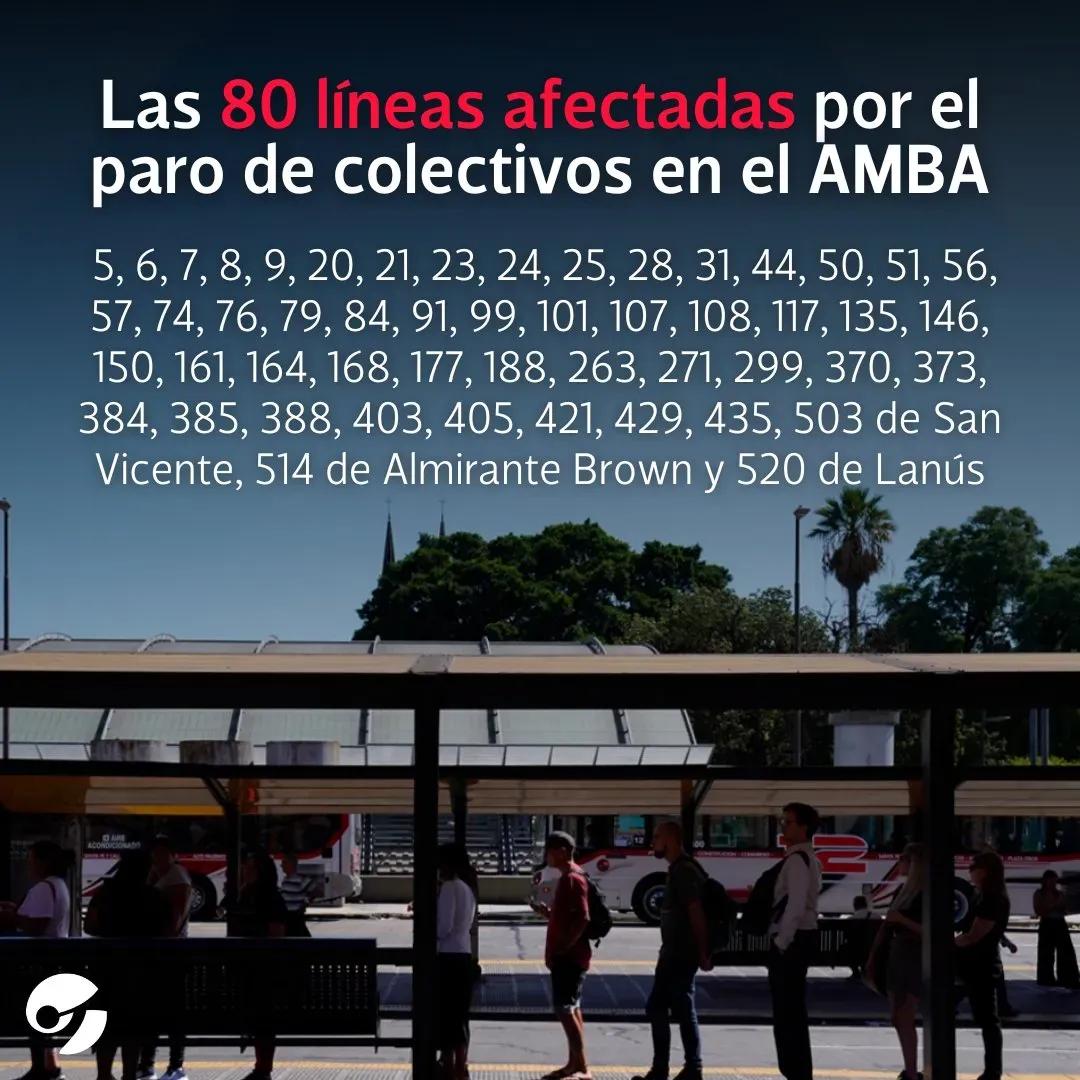The recent strike affecting San Miguel de Tucumán has generated a significant impact on urban mobility and has highlighted the existing tensions between transport workers and local authorities. The bus strike, which involves 13 out of 14 transport lines, arises as a response to the suspension of 150 workers, a fact that reflects not only the job precariousness in the sector but also the lack of effective dialogue between the parties. The central question that emerges from this situation is: what implications will these actions have on the socioeconomic context of the province?
🚍 Current Overview
The bus strike in Tucumán has begun to affect thousands of users who depend on public transport for their daily activities. The measure has been called by the Transport Union (UTA), which demands the reinstatement of the dismissed workers and better working conditions. This strike is not an isolated event; it represents a symptom of a transport system facing structural problems, including resource deficits and lack of investment. In a context where inflation and the cost of living continue to rise, mobility becomes even more critical for the population, especially for those who depend on tight salaries.
The situation is complicated by the number of affected lines, which range from urban to intercity services. Local authorities have expressed their intention to resolve the conflict, but so far no satisfactory agreements have been reached. The lack of a quick solution could translate into increased social tension and frustration among citizens, who see their access to basic services and job opportunities limited.
🌍 International Comparison
Analyzing the situation of public transport in Tucumán requires a look at how other countries have faced similar crises. For example, in France, strikes in the transport sector are frequent, but they are usually accompanied by intensive negotiations between unions and governments. In 2019, strikes on the Paris metro led to a massive mobilization of workers but also resulted in improvements in working conditions and increased investment in infrastructure.
In Sweden, the government has implemented a model of sustainable public transport that includes the active participation of workers in strategic decisions. This approach has not only allowed for a more reliable service but also greater satisfaction among employees. International experience indicates that dialogue and negotiation are crucial to avoid tensions and ensure an effective and fair transport service.
📊 Economic and Social Implications
The consequences of this strike are not limited solely to transport. The disruption of service affects the local economy, as it limits access to workplaces and commerce, which can result in a drop in consumption and, consequently, an economic slowdown. Moreover, the social tension generated by a prolonged strike can lead to increased protests and disturbances, which in turn can deter investment in the region.
From a social perspective, the lack of public transport disproportionately affects the most vulnerable sectors of the population, who rely almost exclusively on these services for their daily mobility. The inability to access work, education, and healthcare can perpetuate cycles of poverty and exclusion, making the need to resolve this conflict even more urgent.
⚖️ Need for Constructive Dialogue
In the face of this issue, it is imperative that both the provincial government and the UTA find a space for constructive dialogue. Although the measures taken are legitimate in their claims, they must be accompanied by a commitment from both parties to establish a negotiation framework that allows for sustainable solutions. History has shown that prolonged strikes can have adverse effects, not only for workers but also for the population in general.
The implementation of a public transport system that takes into account the needs of both workers and users is essential. This requires significant investment in infrastructure and long-term planning to ensure not only the economic sustainability of the system but also the satisfaction of the population's needs.
Failure to act in this regard could lead to an even more critical scenario in the future. The experience of other cities that have faced similar crises should serve as a call to action. Building a more just society and an effective transport system are goals that must be pursued urgently.
In conclusion, the bus strike in Tucumán is not merely a transport issue but an indicator of deeper tensions in the relationship between work, economy, and society. While the workers' claims are valid and necessary, it is crucial to seek solutions that prevent the worsening of the crisis and promote an equitable and efficient transport system. The history of urban mobility in other nations teaches us that the way forward lies in dialogue, investment, and a shared vision of a better future.

Comments